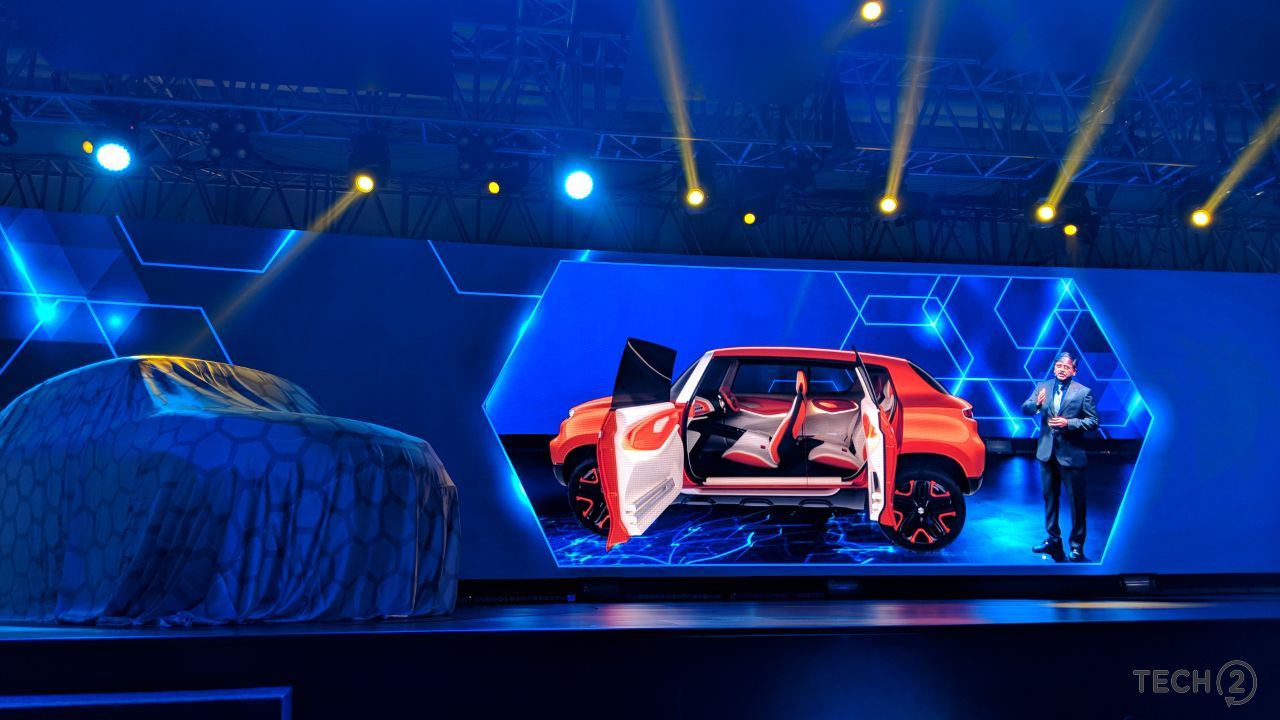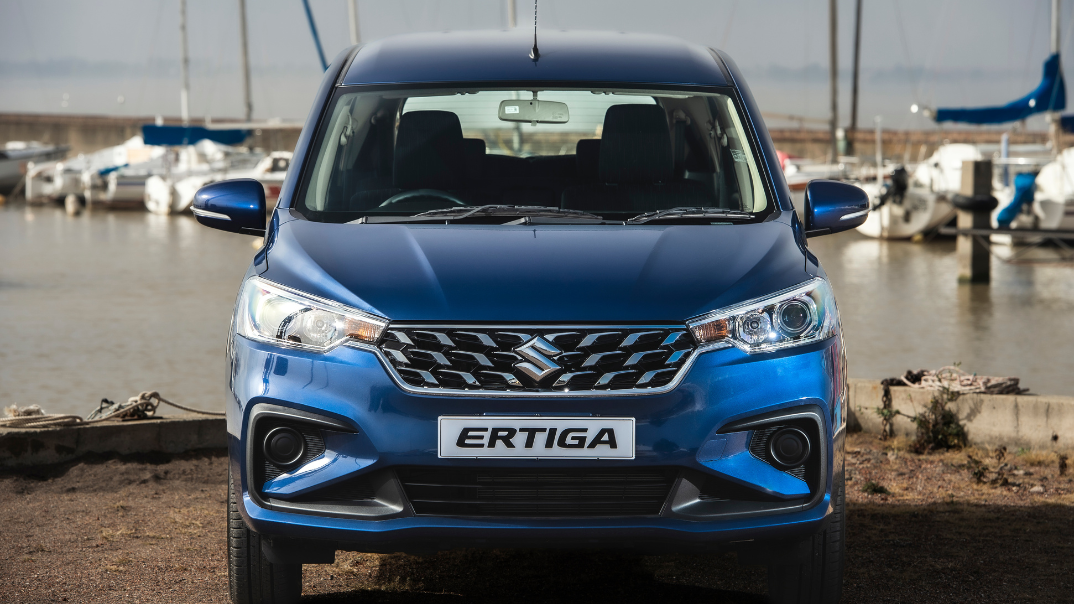Published: 08 Apr 2019
Author: Brendon Carpenter and Chelsy Pinto
 Some of our Suzuki family have asked as to why certain models don’t make it to South Africa. Our amazing product planning team finally gives you all the answers.
Some of our Suzuki family have asked as to why certain models don’t make it to South Africa. Our amazing product planning team finally gives you all the answers.
Suzuki Global produces many different Suzuki models but not every model of our famous vehicles make it to South African shores with very good reason. Our Brand marketing manager, Brendon Carpenter, and Product Planning and Sales Development Coordinator, Chelsy Pinto, share their insight as to how Suzuki Auto South Africa chooses which models make it to the vibrant and growing South African market:
1) Who makes the decision about which Suzuki models come to South Africa?
It’s a great mixture of people who give input. The sales department have their say as they are the ones who will convince the dealer network that a vehicle model is viable in South Africa. They are also the ones who will commonly receive product related queries from customers. Of course, the top management such as Managing Director of Suzuki Auto South Africa, Yukio Sato, and the executives of Suzuki Motor Corporation Japan are key decision-makers in the final introduction on each vehicle. As the product planning department, we are tasked with creating case studies and proposals for the viability of each model for top management to give final approval.
2) What makes a Suzuki vehicle viable for the South African market?
Brendon: According to Moneyweb, South Africa is the continent’s leading vehicle manufacturing country. The automotive industry contributes around a significant 7.7% to GDP and is the only sector to have grown in terms of manufacturing while other sectors have shrunk. At Suzuki, we want to ensure that the right vehicle with the right value reaches the shores of South Africa.
The South African SUV market has grown due to people wanting a family vehicle that is more practical than a standard sedan. The relaunch of the Vitara in South Africa was based on the growth in sales of affordable and compact SUVs. The trend shifted further to the market looking for a more compact vehicle with the styling and design of an SUV but at the price of an entry-level vehicle and the Suzuki Ignis fitted this need perfectly.
3) What is so unique about the South African market?
Brendon and Chelsy: The South African market is unique because South African consumers are quite aspirational in their purchases. Their cars are a reflection of themselves and although they want a car with top-of-the-range features the majority of the market cannot afford such vehicles. There are cultural differences that exist within countries and that's why it's important for us to do market studies on international trends and South African trends. For example, the Ciaz sells really well in India as a sedan and is seen as a vehicle to aspire to but in South Africa, demand for sedans is very different to the Indian market. Suzuki is the perfect brand for the South African market as it offers a great value package at a great price.
Going into a dealership to buy a new car can be overwhelming if you’re not prepared. We've got all the questions you could possibly ask in our latest guide. Download the Suzuki guide on all the questions to ask your dealer here.
4) Does the South African physical climate affect which models are sold here?
Chelsy: The physical environment of the country plays an important role when the decision is made on which models come to the South African market. For example, the Suzuki Jimny’s European specification is different than the one in South Africa, with heated seats and mirrors because of the colder weather conditions.
The Suzuki Kei was produced by Suzuki between 1998 and 2009. Kei cars are the Japanese vehicle category for the smallest highway-legal passenger cars. The Suzuki Kei cars would never have worked for the South African market because they require smooth, flat roads which are just not the type of road conditions in South Africa!
Vehicle regulations differ in each country which means there will be different safety specifications on Suzuki vehicles. The European standard is far higher than in South Africa, and is geared to have more safety features for pedestrian and urban safety.
5) What makes Suzuki unique in the way it approaches product planning in the automotive industry?
Brendon and Chelsy: The Suzuki approach is a very distinct one. We pride ourselves in not trying to imitate anyone else. The average time it takes for production to planning; from conception to approval and finally to the market is on average three years. It takes Suzuki time to introduce new features such as turbo so that the rigorous testing, to ensure the reliability and safety our cars are known for, is not compromised.
Looking for advice on the process of choosing a new car? We offer this handy guide to help you along the process as you evaluate, choose and purchase your new car.


.png)

